Last week, I talked in assembly about being in the White Mountains, years ago, with a group of students during a brutal March storm when the temperature swung from the upper 20’s to 15 below zero. The winds screamed at the base of Carrigan, snapped tarps, drove snow everywhere, and buried gear. I talked about the necessary skills to be comfortable – relatively – in such an environment, and the people in my life who had made a difference, forged a connection, inspired a love of wilderness, and imparted those skills. I talked about former teachers, old Outward Bound and NOLS instructors, listing some of the adults who guided me towards wisdom and helped me with skills.
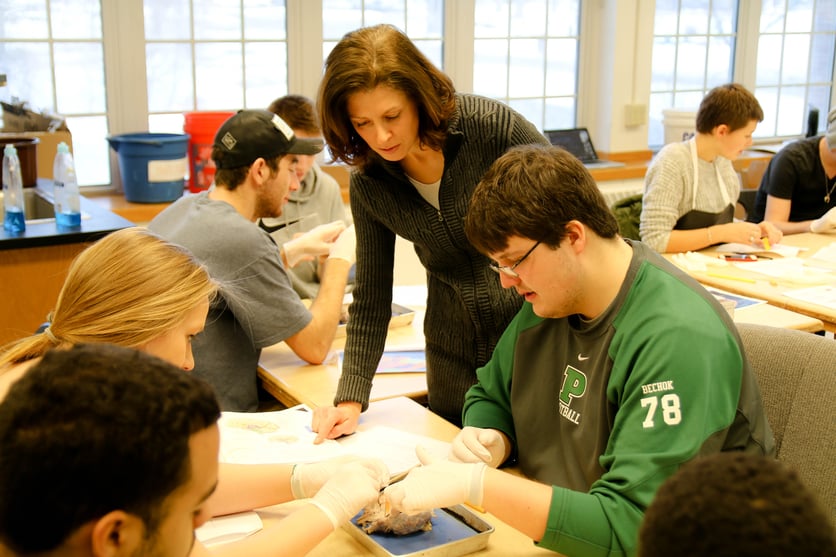
We don’t come by our wisdom by downloading it. Much as we would like to believe that we can YouTube it, snap up morsels on Twitter, Facebook our way to meaningful understanding, we can’t. We can acquire knowledge and make connections through those mediums, but not necessarily seat them in wisdom. Wisdom comes the old fashion way – through experience and mentors. You can’t USB your way to that. Maybe you can start on line, but you can’t complete it on-line. That comes face-to-face, person-to-person.
Everything becomes sharper in deep cold. Layers are critical to manage moisture and create insulation and one becomes hyper-conscious of sweating, of moving moisture away from the skin, of staying dry to stay warm. Understanding how long you can take mittens off without risking frostbite is critical. What’s discomfort and what’s dangerous? Calories and hydration are seen in a different light: you don’t eat and drink, you get cold and colder, and when that happens, bad things follow. How do you generate heat, maintain heat, not lose heat? I acquired the knowledge and the skills to apply that knowledge through mentors.
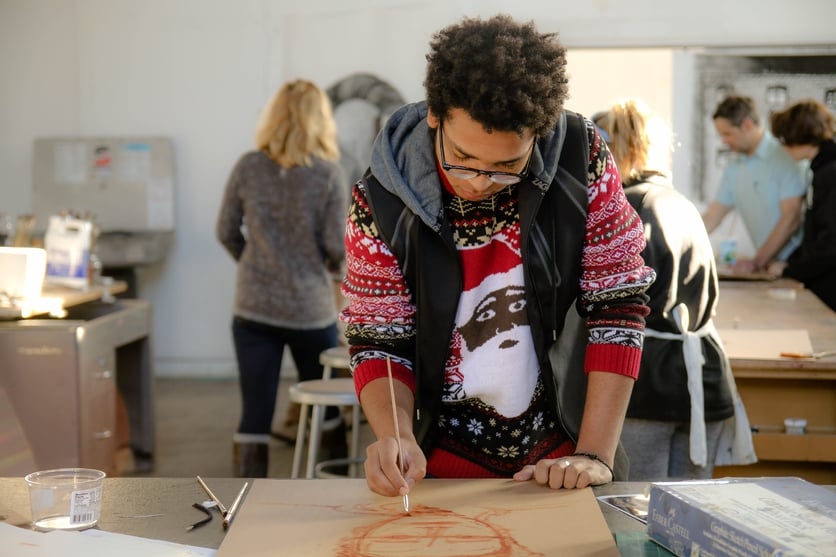
I was winding my way towards a conversation about substance and the way it steps between the individual and the person with wisdom, changing dynamics. We have had our fair share of violations linked to substance this year. We’re not tracking above averages, but there are concerns. There are always concerns. What I worry about, more than the students who are “caught,” are the students who may not be caught, yet who are altering relationships with important people in their life. My talk was not about the physiological repercussions of substances, the rewiring of the brain, but the re-wiring of relationships.
We are a school that values relationships. What school doesn’t? But we are a school that works to break down the barriers between the wisdom of adults and the natural (and healthy) skepticism of teenagers in different ways. We’re on a first name basis. We send students down the Mississippi River or through AB Calculus, committing to multiple platforms of experience on campus and off in a variegated attempt to deepen relationships and learning. When the faculty stood on stage at the end of my talk last week, the ties between the adults and students almost created a visible cat’s cradle. It pulsed.
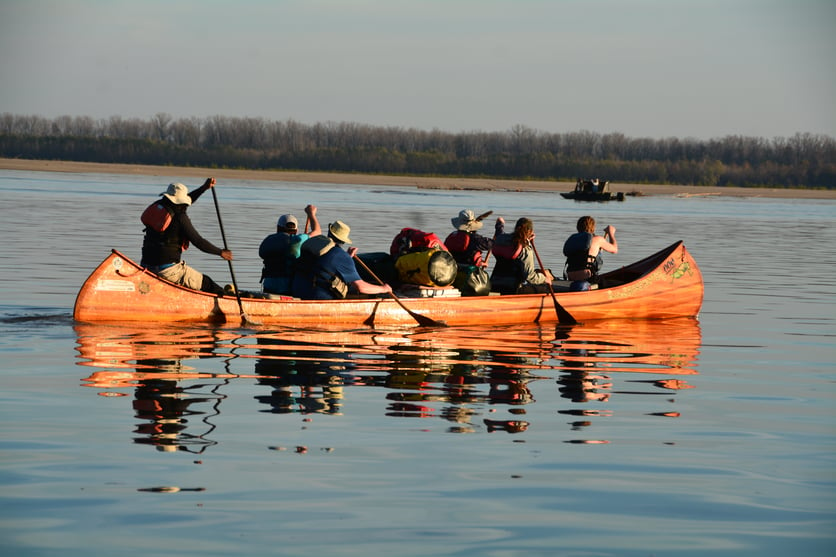
Substance can be the disrupter to those ties.
This is a changed landscape and it’s changing at faster rates than in the past. It’s getting to be a harsher. There are startling and frightening statistics and reports about opiate addiction rates, with the NY Times recent editorial from January 25th powerfully articulating shifts. And then there is the legalization of marijuana in some states and the explosion of products and marketing that reach all states, which hasn’t helped our children. Ten years ago, as is often pointed out, there were no iPhones. Ten years ago there were also no vaporizers the size of iPhones, and now they are ubiquitous. You can buy them on Amazon and have them shipped overnight. And then there is always the alcohol, with over 80,000 alcohol-related deaths a year reported back in 2010. Who knows what it is today.
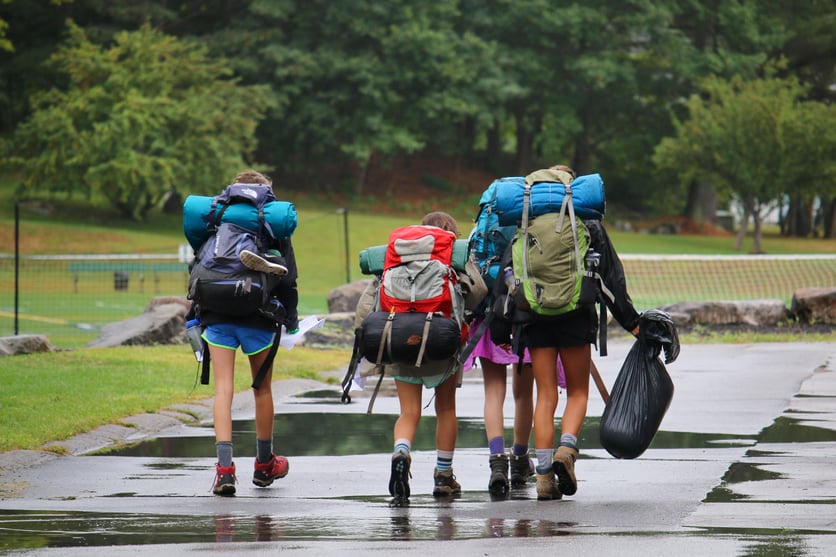
The importance of meaningful relationships for our children has never been higher. We know what these mentor relationships can do. I have written about Paul Tough’s book How Children Succeed, and there are some fascinating studies referenced in the early chapters about how meaningful adult relationships are critical to navigating challenging moments or environments. Looking for another nuggets? There is a terrific TED talk about relationships and addiction by Johann Hari: Everything You Think You Know About Addiction is Wrong. These are resources, knowledge, but the work of creating, building, and sustaining the meaningful mentor relationships has not changed.
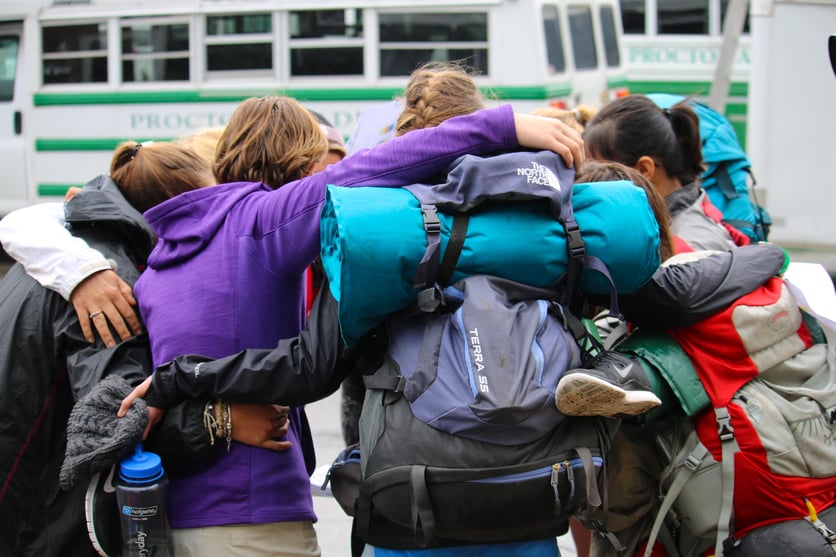
It’s become a harsher environment, colder on many fronts, but it is still manageable. The skills can be taught, the wisdom imparted. It still takes time, and there are no technology shortcuts, but the work is more important today than ever before.

Mike Henriques P'11, P'15








